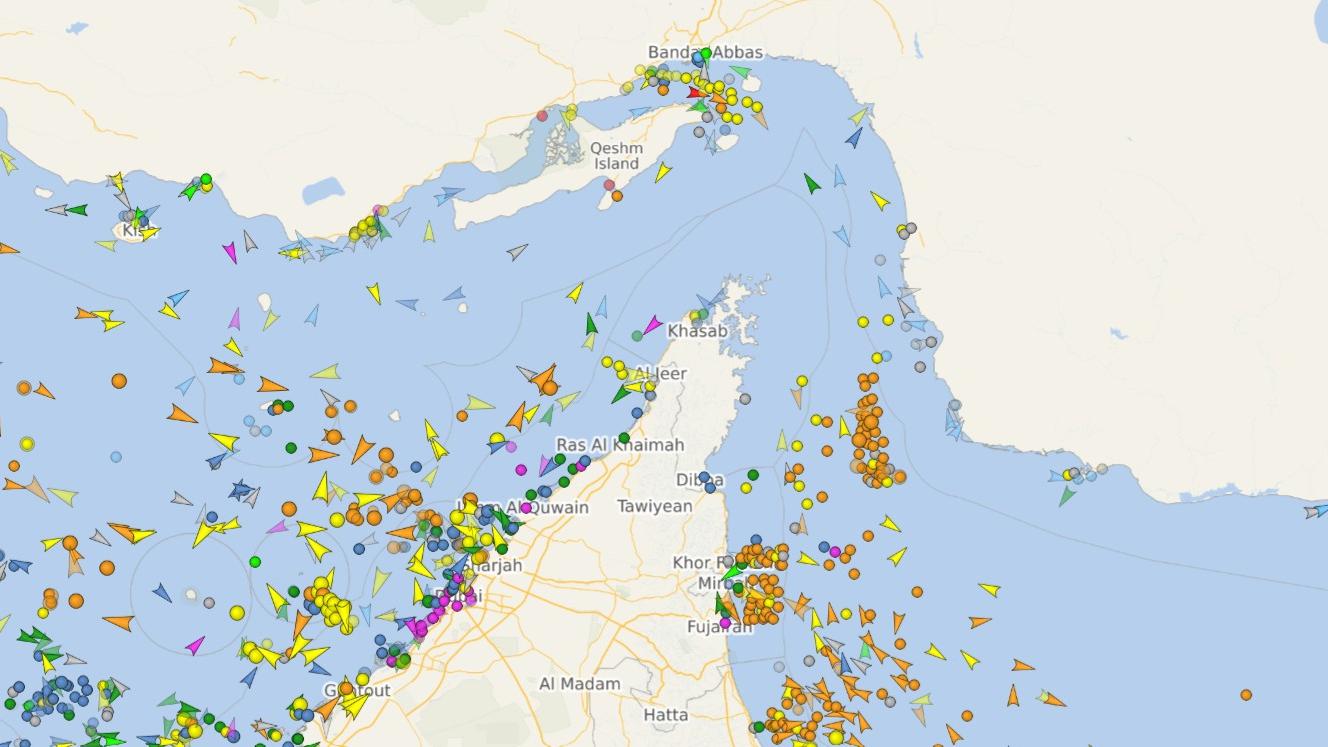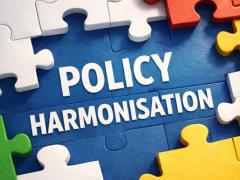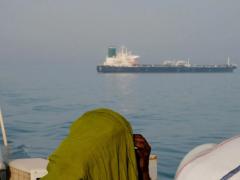Global maritime healthcare provider, Vikand, has urged the shipping industry to confront the growing mental health crisis among seafarers after Gard’s 2025 crew claims report revealed that suicide now accounts for more deaths at sea than accidental injuries.
According to the report from 2019 to 2023, 11% of all seafarer deaths were due to suicide, a figure likely underreported due to stigma and silence, the Florida head-quartered company said.
Similarly, Yale University’s 2020 research for the ITF Seafarers' Trust found that 20% of surveyed crew members had experienced suicidal thoughts, highlighting a silent mental health crisis.
“Suicide at sea is no longer the elephant in the room – it’s a harsh reality we can no longer ignore,” said Ronald Spithout, managing director for Vikand’s One Health service.
“The silence, the stigma and the systemic underreporting must end and together we need to ensure more structural approach and support for seafarers before more lives are lost.”
Pressures of life at sea, including long periods of isolation, communication challenges, and cultural taboos, made seafarers especially vulnerable to mental health issues, the report found.
Most suicides occurred among crew members under age 41, with officers disproportionately affected. Compensation exclusions for suicide further compounded the trauma for grieving families.
In one case, two Filipino crew members, both described by peers as outgoing, engaged, and sociable, took their own lives, one by hanging, the other by jumping overboard. Both were grappling silently with family and relationship struggles, including a break-up.
Neither had a known mental health history nor showed visible warning signs. In each case, psychological support and crew training were implemented, but only after the suicides.
In another case, a 28-year-old doctor died by suicide in her cabin following a break-up. A colleague, emotionally devastated by her death, turned to alcohol and was later dismissed without any mental health support.
Vikand said fragmented, reactive approaches to mental health were no longer sufficient.
“More effort must go into receiving (even the faintest) early warning signals, which is one of the reasons why the company is leading the shift toward a more proactive, predictive model; one that picks up those early warning signals, and prioritises early intervention.”
It outlined three key actions industry leaders could adopt to tackle the crisis: improved reporting standards, mental health support through wellness programmes and fostering cultural transformation to reduce the stigma around mental health so seafarers feel able to ask for help without fear of judgement or shame.
Vikand also encouraged employers to consider adopting mandatory pre-employment psychological screening to identify vulnerabilities before hiring, as well as stigma-free helplines and training for crew to recognise early signs of distress and how to respond supportively.
“This isn’t about checking a box – it’s about proactively trying to save lives,” Spithout said.













